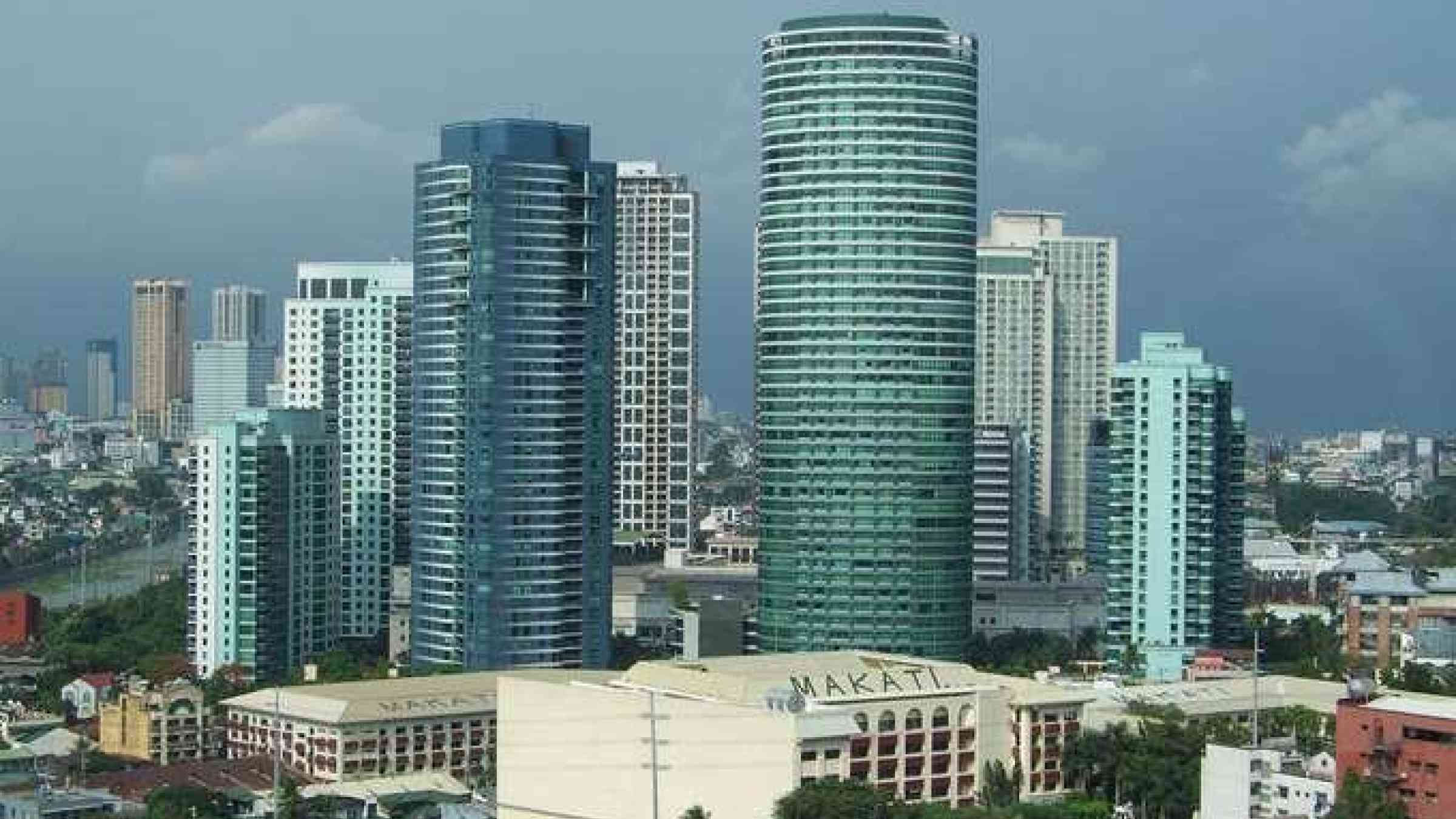Please help us improve PreventionWeb by taking this brief survey. Your input will allow us to better serve the needs of the DRR community.
Makati tests Sendai disaster risk reduction framework - Philippines

Photo by Flickr user John Ong CC BY 2.0 https://flic.kr/p/5ammJb
The city has been chosen by the United Nations International Strategy for Disaster Reduction (UNISDR) to pilot-test the new Sendai Framework Local/Urban Indicators aimed at disaster risk reduction under more detailed parameters.
Makati, together with Islamabad City in Pakistan and Yogyakarta City in Indonesia were specifically chosen by UNISDR for having participated in previous DRR assessments made by the international agency.
The Sendai Framework for Disaster Risk Reduction 2015-2030 was adopted at the UN World Conference on March 18, 2015. It is the successor instrument to the Hyogo Framework for Action 2005-2015, which was geared towards resilience of nations and communities to disasters.
The pilot-testing of the Sendai Framework was done through a three-day workshop dubbed “The New 10 Essentials for Making Cities Resilient – Urban Indicator Tool Workshop” held at Makati City Hall from March 31 to April 2, 2016.
The workshop outputs of the Makati DRRM Council members were reviewed by Program Officer Hang Thi Thanh Pham (UNISDR), Senior DRM Specialist Lesley Cordero (World Bank Philippines), Chief Liberti Masculino (national statistician, Philippine Statistics Authority), and Sustainability Director Dr. Thomas Tang and Senior Economist Edgar Dizon (AECOM Philippines).
Prior to the workshop, the participants attended a series of meetings and pre-workshop activities to provide answers to the indicators required by the different layers in the 10 essentials.
The Sendai Framework’s 10 essentials for making cities resilient include the three Enabling Essentials: 1) Organize for disaster resilience; 2) Identify, understand and use current and future risk scenarios; and 3) Strengthen financial capacity for resilience.
The Operational Essentials are: 4) Pursue resilient urban development and design; 5) Safeguard natural buffers to enhance the protective functions offered by natural ecosystems; 6) Strengthen institutional capacity for resilience; 7) Understand and strengthen societal capacity for resilience; and 8) Increase infrastructure resilience.
The Build Back Better Essentials are: 9) Ensure effective preparedness and disaster response; and 10) Expedite recovery and build back better.
Also present during the workshop were Lenie Duran Alegre (Office of Civil Defense), Amelia Supetran (Environment and Energy, UNDP), Agnes Palacio (UN-OCHA), and Dir. Rommel Cena (OIC) and Cluster Head John Visca (both from DILG- Makati).
During the Dissemination Forum on the last day, the city government presented the results of the Local/Urban Indicators Pilot Testing Workshop to other local governments in the National Capital Region and private sector groups.
Attendees from local governments included George Rubio and Ronalyn Ramores (Las Piñas City); Giovanni Antonius Reyes (Operations and Warning, Malabon City); OIC Analyn Mercado (DRRMO, Muntinlupa City); CDRRMO head Ramon Montalban, Anthony Japay (Research and Planning), and Ronald Bacuyot, all from Pasay City; OIC Marko Pielago (DRRMO) and Angelus Ponse (MPDC), from Pateros; OIC Cinderella Garcia (A&T), Special Operation Support Staff Franz Michael Macalintal and Mercy Joy Robles, and Edward Castillo (HHRO), all from Quezon City; and Gilbert Vincent and Juan Paulo Dupalos (both from Operations and Warning, Valenzuela City).
For his part, Makati Mayor Kid Peña expressed his gratitude to UNISDR for the opportunity to test the new framework. “The trust and confidence of a world body like UNISDR give us greater motivation to strengthen our readiness and resilience against disasters,” he said.
“As pilot site for these new instruments, Makati has had the opportunity to determine its strengths and weaknesses, which in turn has immensely helped us craft proactive and strategic plans that effectively address the gaps,” Peña added.
Makati was named the “Role Model City” and “Campaign Champion for Making Cities Resilient” by the UNISDR in 2011, and one of “East Asia’s Climate Resilient Cities” by the World Bank in 2008. (ICRD/RJB/JCP/PIA-NCR)
Explore further
Please note: Content is displayed as last posted by a PreventionWeb community member or editor. The views expressed therein are not necessarily those of UNDRR, PreventionWeb, or its sponsors. See our terms of use
Is this page useful?
Yes No Report an issue on this pageThank you. If you have 2 minutes, we would benefit from additional feedback (link opens in a new window).